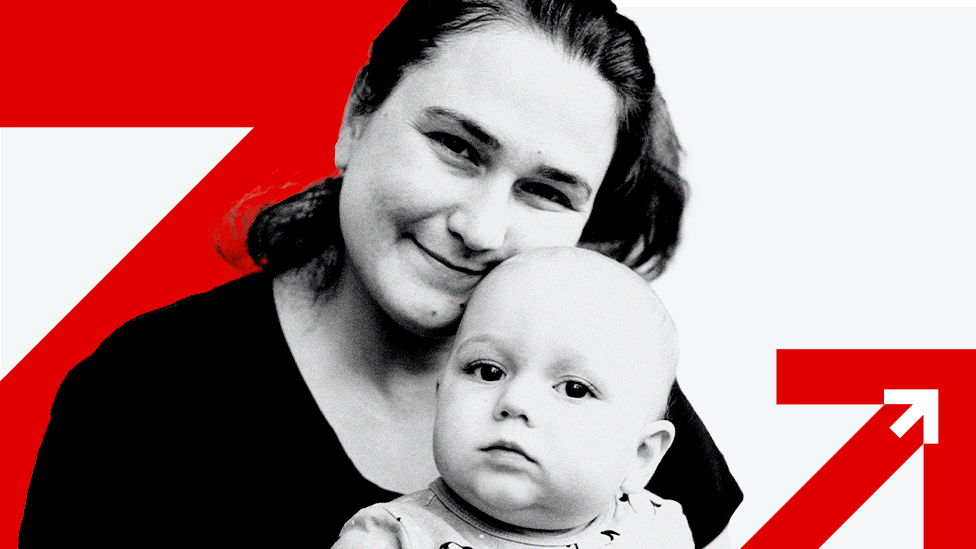When should I turn the heating on?
- Published
When should I turn the heating on?
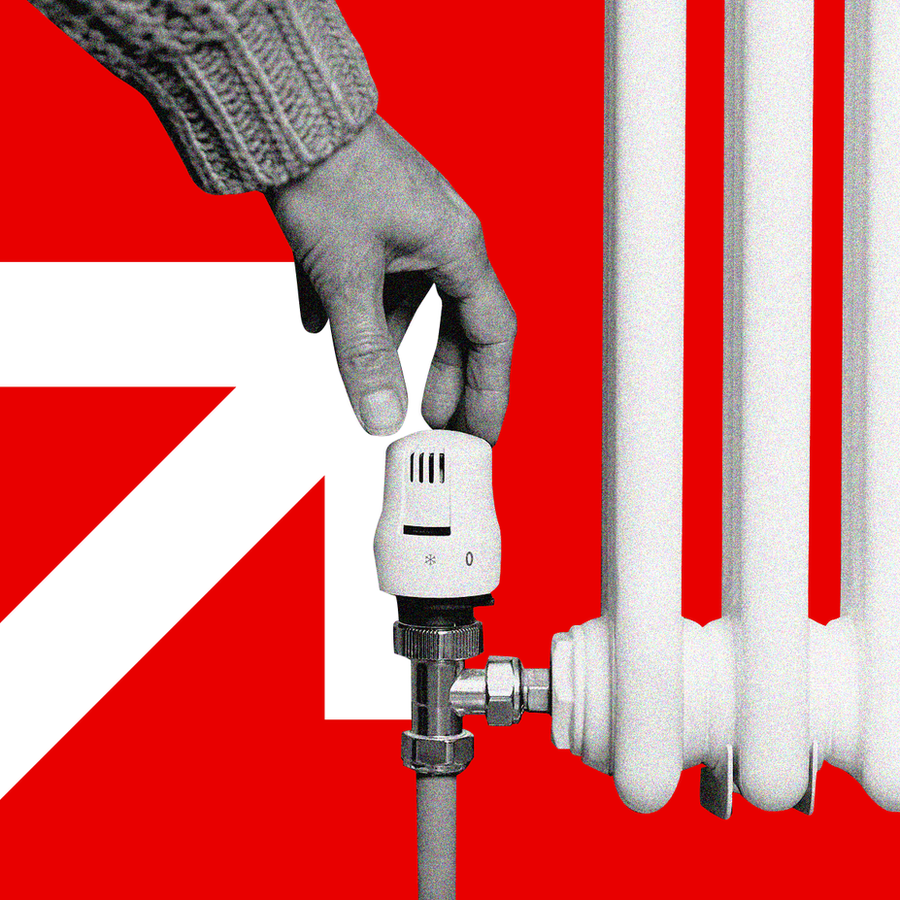
The temperature is dropping again, and many of us are reaching for our cosy jumpers and winter duvets.
So when is the best time to turn on your heating? And what else can you do to keep your home warm?
Here's what you need to know as we head into winter.
When should you turn your heating on?
The best time in the year to turn on your heating in the UK is hotly debated.
But most experts agree that it is when the temperature drops consistently, as the nights get longer and the clocks go back. This year that fell on Sunday 29 October.
Should you keep your heating on all day?
The Energy Saving Trust is clear on this one: leaving a boiler on for longer will cost more. It's better to just have it on when you need it.
The Met Office, which measures temperatures and weather for the UK, recommends setting timers to turn the heating on before you get up and off after you've gone to bed.
If no one is at home all day then you can have it turn off before you leave and on again just before you get back.
What temperature should my boiler be?
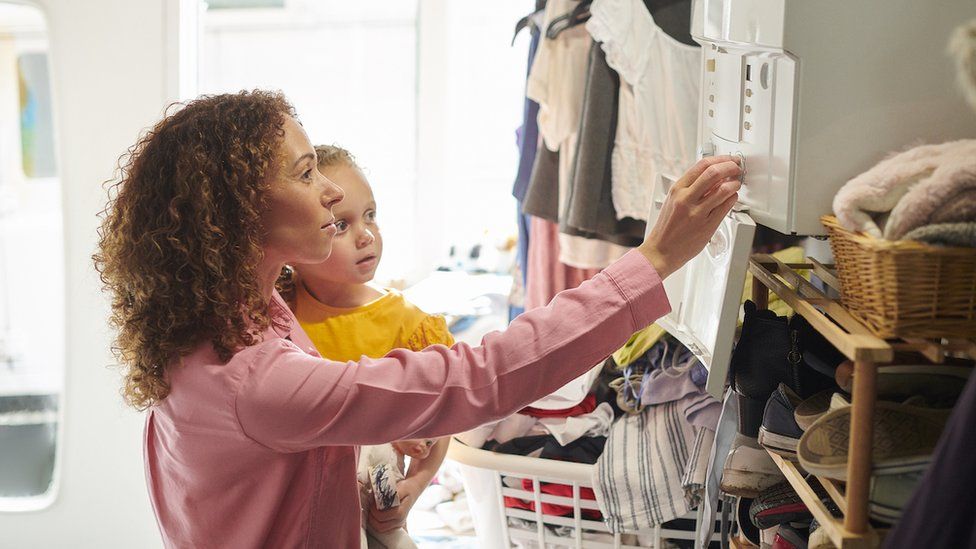
Both the Met Office and the Energy Saving Trust say it will cost more in energy bills to turn the heating up than to leave it on for longer.
Set your thermostat between 18C and 21C, or up to 23C if you have ill or vulnerable people at home. Bedrooms can be slightly cooler, and the NHS recommends 16C to 20C for babies' bedrooms.
This is different from the boiler temperature, which is the temperature of water inside the pipes themselves. That shouldn't go below 65C on a regular boiler to stop bacteria growing inside, according to the Energy Saving Trust, or 60C on a combi boiler.
Does turning down radiators save money?
Most radiators have controls on the side to change the temperature. If used correctly, these thermostatic radiator valves - often numbered one to five (sometimes up to six) - can save you money.
The Energy Saving Trust recommends setting them at three or four to start, and then go up or down if the room is too hot or too cold.
Does bleeding your radiators save money?
Bleeding your radiators saves money by removing air bubbles which make it slower to heat up your home.
Experts say you should aim to bleed your radiators every year as it starts to get cold.
When the radiator is cold, use a screwdriver or radiator key to turn the valve at the top, until you hear a hissing noise. Hold an old cloth to the valve in case any water comes out.
All the air bubbles are gone when the hissing stops and you can close the valve again.
Heat the rooms you use often and forget the rest
If you're worried about bills, stick to heating the rooms you use the most by using the radiator controls.
Don't forget to close the door on the rooms you're leaving cold and think about getting draught excluders to keep your rooms extra snug.
Stay warm without turning the heating up
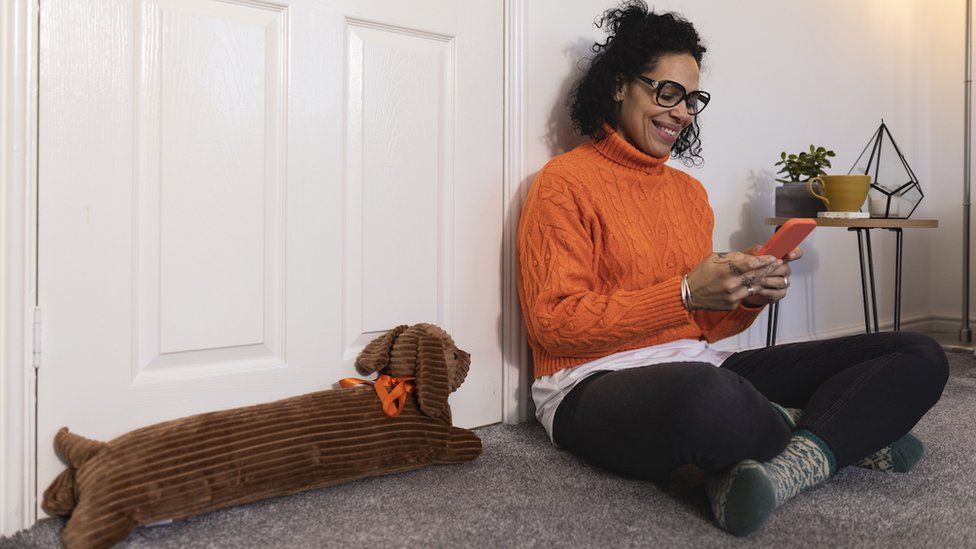
Wearing thick clothes and using warm bedding can help to keep you warm even if your home is on the chilly side.
Opening your curtains when the sun is shining will also help. Just remember to shut them again when the sun goes down, to keep the cold out.
Get help with heating costs from the government
The government is giving pensioners and people on certain benefits extra help with heating costs. If you already get benefits or a state pension you can check if you can get some more help. Local councils also have a household support fund for struggling households.
Cost-of-living payments: Who is getting them and when?
Image credits: BBC/Getty, iStock/Getty, SolStock
Related topics
- Published3 April 2024
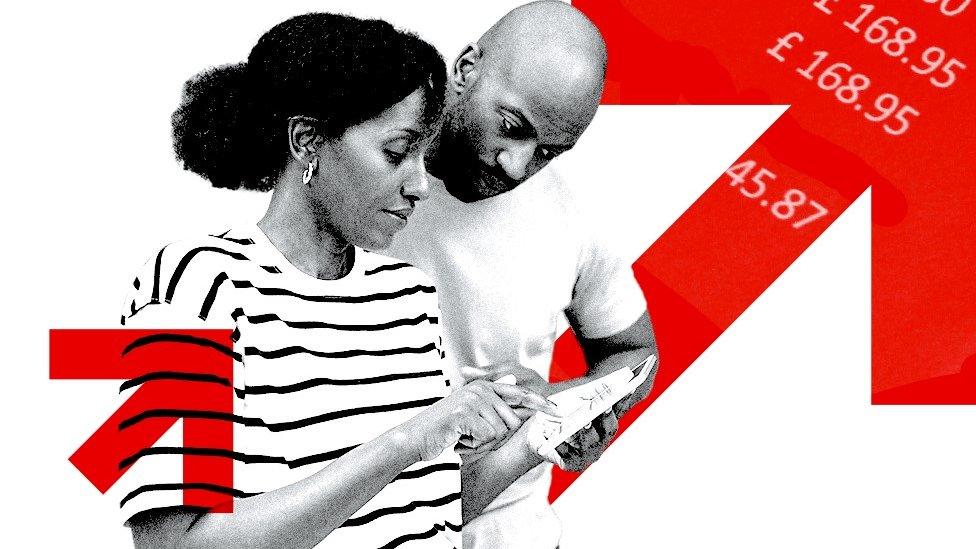
- Published15 February 2024
